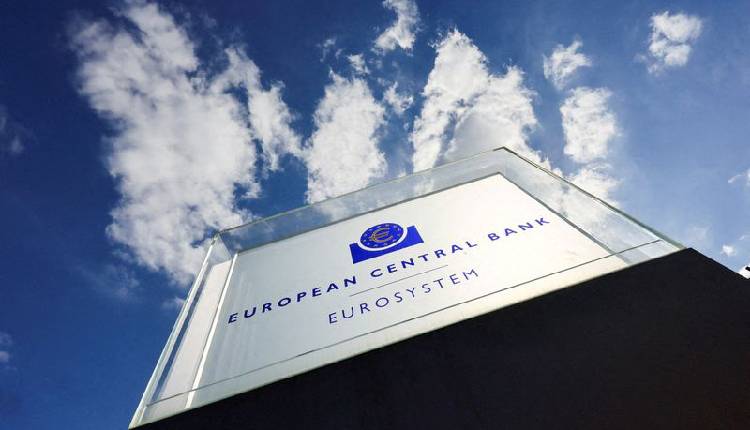A European Central Bank (ECB) report released on Thursday revealed that commercial property has emerged as a weak link in the eurozone’s financial system, threatening banks, insurers, and funds with potential losses.
Commercial real estate (CRE) companies are facing challenges from higher borrowing costs, reduced demand for office space in the post-pandemic era, and increased prices of building materials.
These issues are now impacting their backers, leading to rising default rates on loans and potential losses on investments, as stated in the ECB’s Financial Stability Review.
According to the report, commercial property prices in the eurozone declined by 8.7 per cent year-on-year by the end of 2023, with the possibility of further declines due to lower demand for some CRE assets post-pandemic, particularly in the office market.
While the overall Financial Stability Review was more positive, noting a decline in the risk of recession despite ongoing geopolitical risks, the CRE sector remained a concern.
Approximately half of the eurozone’s large real estate companies are experiencing losses, impacting their ability to make interest payments.
Although commercial property loans constitute a small portion of all loans, the ECB highlighted that some banks, especially in the United States, have already seen significant deterioration in their CRE portfolios. Falling property valuations may necessitate banks raising provisions, which could lead to capital erosion.
The ECB also expressed concerns about Real Estate Investment Funds (REIFs), noting that despite a significant drop in property prices, reported net asset values have remained stable, indicating potential future losses. This could trigger redemption requests for REIFs, putting stress on their cash reserves.
Furthermore, insurers may face losses on their investments in REIFs, which were increased during the previous era of low interest rates and booming property markets. The interconnectedness of commercial real estate exposures across the financial system underscores the need for continued monitoring, according to the ECB.




